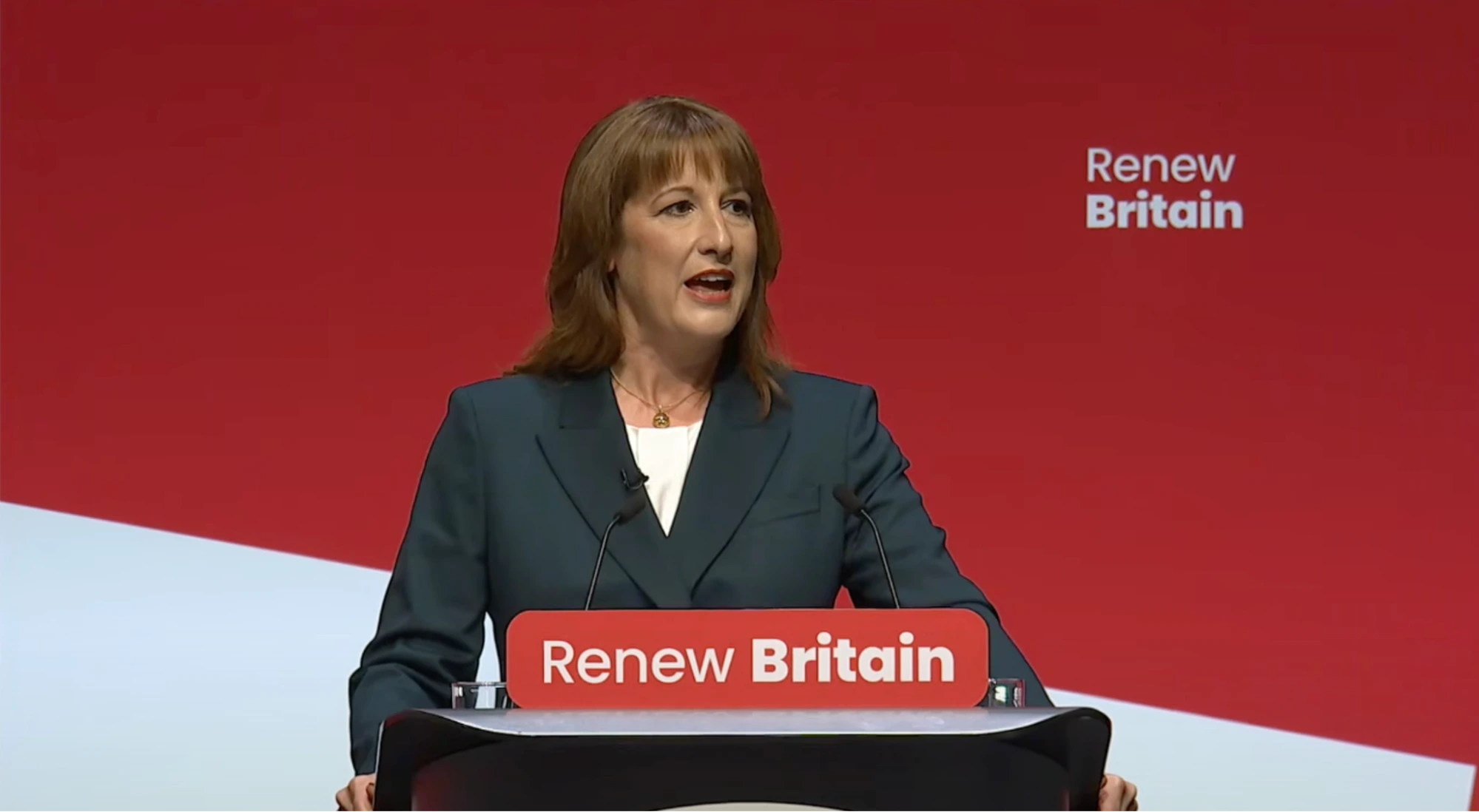As the US turns its back on high-skilled overseas workers, the UK aims to be a destination of choice for international workers in tech and professional sectors.
Following Donald Trump’s move to hike H-1B visa fees 50-fold, Chancellor Rachel Reeves declared the UK “open to overseas talent,” signalling a bid to attract technical and leadership skills from around the world.
According to reports, the UK may double its quota for high-skilled foreign worker visas, targeting around 18,000 annually – a clear indication that the global competition for top talent is intensifying. Meanwhile, at Labour’s 2025 conference, Reeves unveiled plans for an “ambitious” youth mobility scheme designed to create pathways for 18-to-30 year olds between the UK and EU.
A bigger talent pool, but fiercer competition
For UK employers struggling with skills shortages, these reforms could provide a welcome boost, expanding the nation’s pool of candidates in sectors like technology, biotech and financial services.
Industry leaders, such as the Startup Coalition, recently urged the Home Office to take “bold, decisive action” towards embracing this opportunity, highlighting that tens of thousands of engineers, founders, and researchers displaced by US visa policy are actively exploring alternatives.
Why the UK?
With an increasingly uncertain US system to contend with, the UK offers a number of advantages for employers seeking overseas talent. Its visa routes are dramatically cheaper than the $100,000 H-1B fee and applications are typically processed faster. Public support is strong too. Recent Ipsos polling shows 56% of the UK public back making it easier for skilled people to move here, with only 16% opposed.
Meanwhile, 39% of the UK’s 100 fastest-growing companies have foreign-born founders or co-founders, according to the Entrepreneurs Network, demonstrating the transformative impact international talent already has on the economy.
Rethinking pay and workforce strategy
Welcoming international expertise is likely to shift benchmarks for wages and benefits. Candidates bringing global experience and expectations may prompt businesses to revisit salary bands, reward structures and retention strategies.
Upskilling will be crucial to ensure existing employees remain competitive and can fully leverage the expertise of new colleagues – providing opportunities for professional growth, broader skill development, and exposure to global best practices. Ultimately, these changes should be seen as a chance to enrich and diversify the workforce.
What it means for employers
For employers, the message is clear: Business leaders are calling for expedited processing, tailored supportand clear pathways for top talent, echoing calls for ambitious reforms to the Global Talent visa. As the UK positions itself as a hub for global expertise, companies that act quickly – adapting policies, pay and culture – will be best placed to thrive in this new era of employment.























